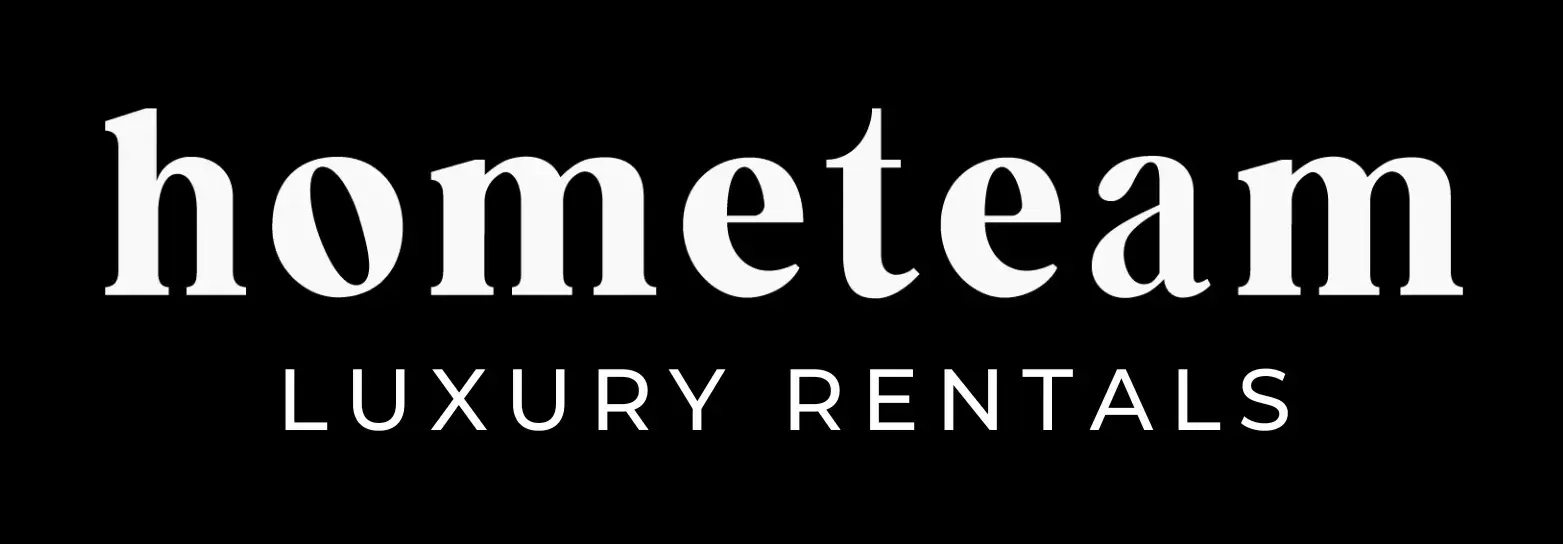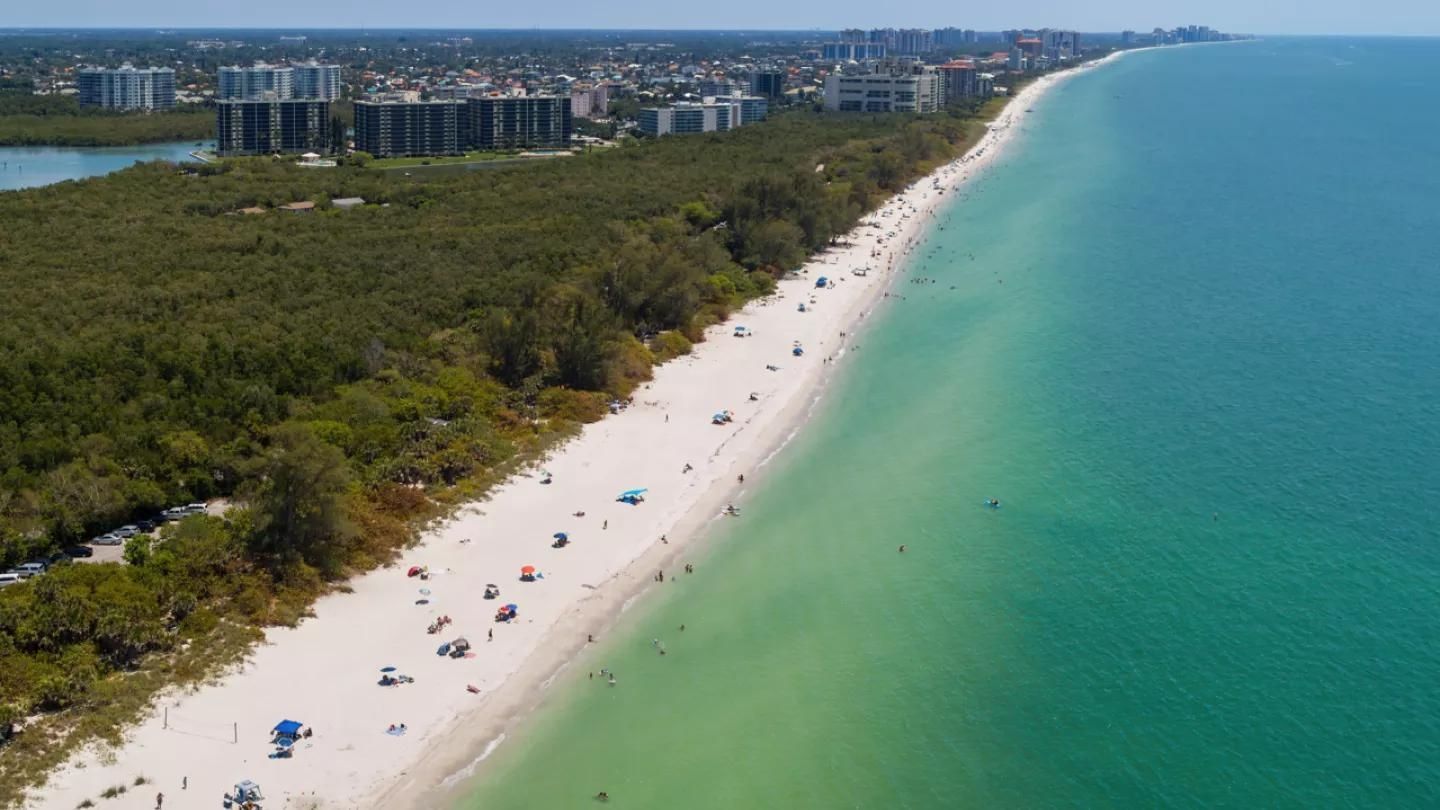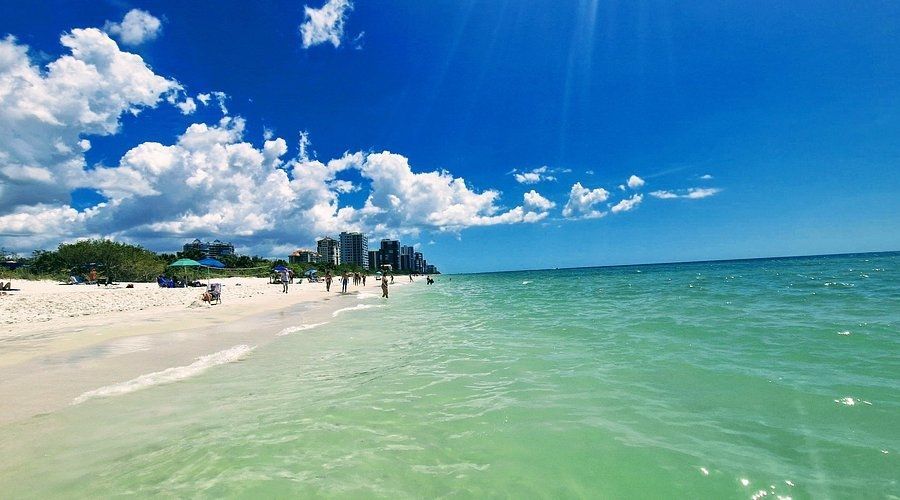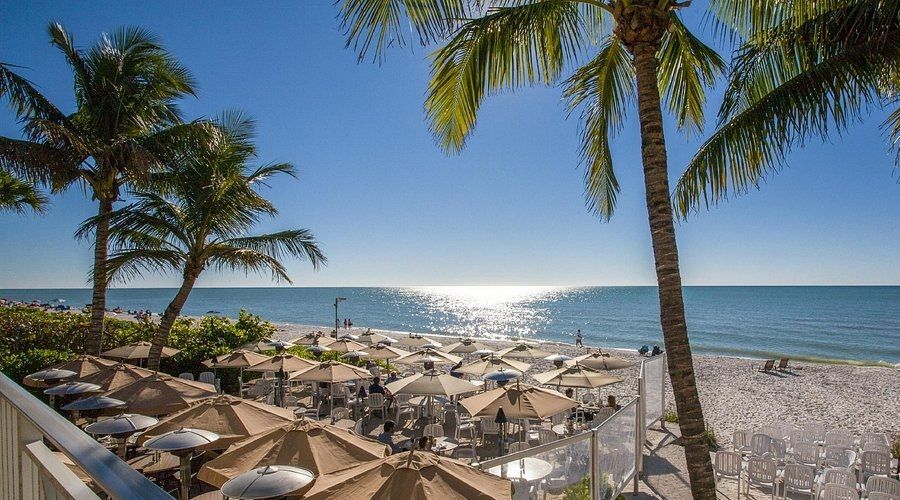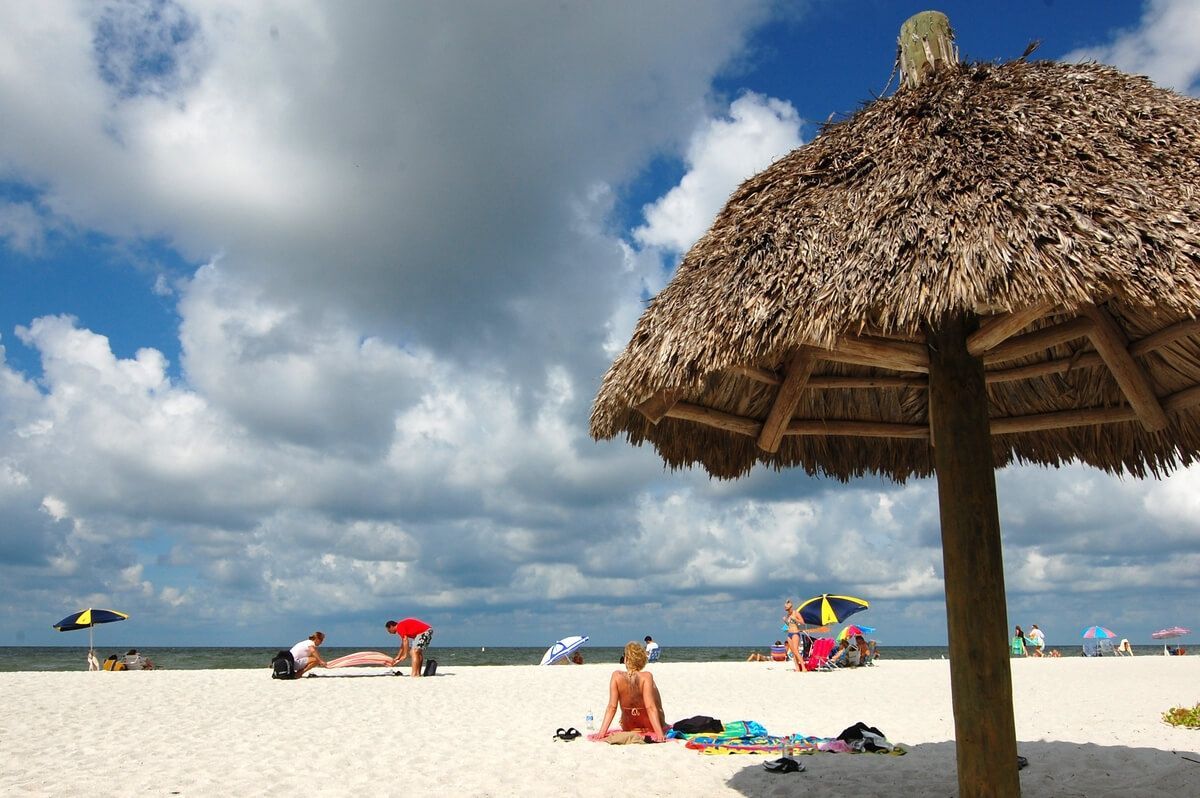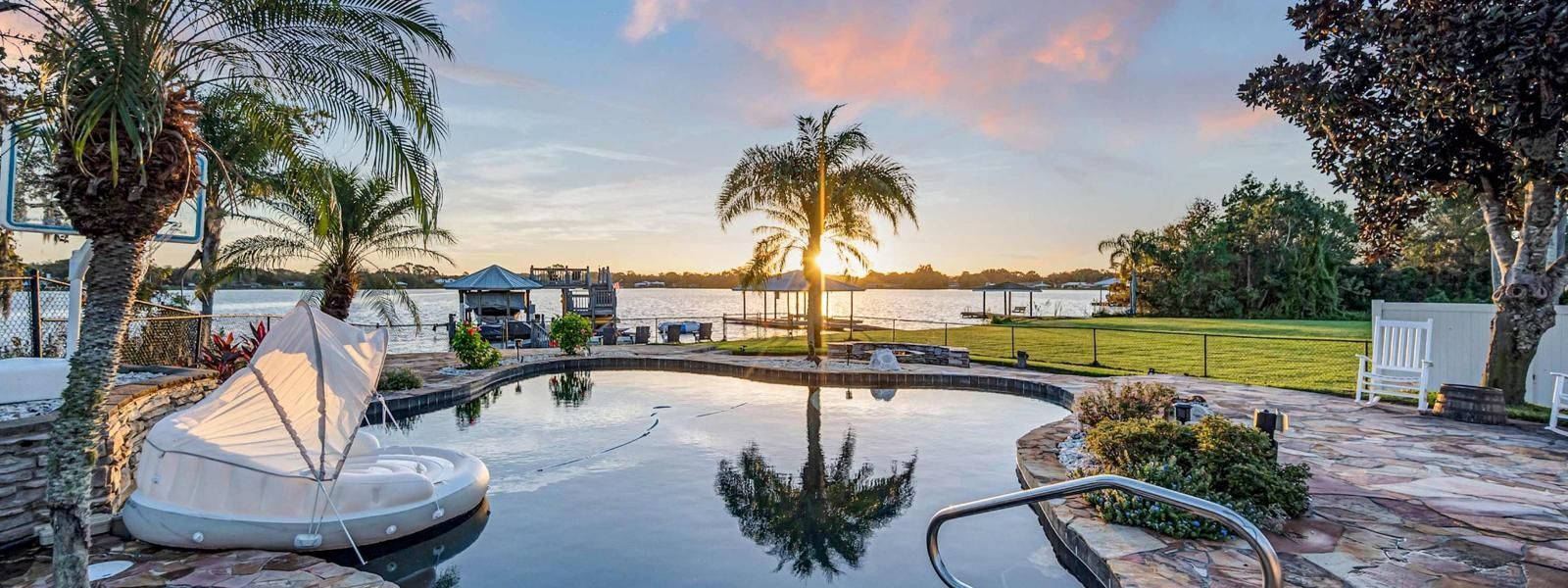
If you’re planning to list your property as a short-term rental in St. Petersburg, Florida, understanding the city’s layered regulations is essential. St. Petersburg’s approach combines strict city zoning rules with Florida’s state licensing framework and oversight from Pinellas County’s tax authorities.
In plain terms: you can operate a vacation rental in St. Pete, but only if your home is in the right zone, you limit stays appropriately, and you meet all state and local licensing and tax requirements. Property owners should know:
- St. Petersburg limits short-term rentals in residential zones to 3 rentals per year, each for less than 30 days.
- Florida requires a DBPR vacation rental license for most short-term stays.
- You’ll need a St. Pete Business Tax Receipt before listing your home.
- State and county lodging taxes must be collected and remitted.
- Rentals outside St. Pete city limits follow Pinellas County short-term rental laws.
- Violating the rules can lead to daily fines of up to $1,000 or more.
The sections below walk you through each compliance layer, so you can confirm your property’s eligibility, register correctly, and avoid enforcement pitfalls.
Florida State Licensing for Short-Term Rentals
All vacation rentals in Florida must comply with rules from the Department of Business and Professional Regulation (DBPR). If your property is rented for less than 30 days at a time, more than 3 times per year, it likely qualifies as a transient public lodging establishment and must be licensed.
To stay compliant under Florida law, owners must:
- Apply for a DBPR Vacation Rental License (either as a dwelling or condo).
- Meet basic health and safety standards (smoke detectors, fire extinguishers, emergency exits).
- Display the license number on all listings.
Florida Statute 509.032(7)(b) prevents cities from banning vacation rentals outright, but allows them to regulate location, noise, safety, and registration, which St. Petersburg does aggressively.
You’ll need this license before you apply for a local business license or begin operations.
St. Petersburg Zoning and Frequency Restrictions
The City of St. Petersburg heavily regulates where and how often you can operate a short-term rental.
Here’s the city’s core policy:
In residential zones, you may only rent your property for less than 30 days a maximum of three times per 12-month period.
This “3 rentals per year” rule is not a loophole; it’s the city’s deliberate way of limiting Airbnb-style operations in neighborhoods. Any use beyond that level is classified as a transient use, which is prohibited in most residential districts.
However, some exceptions exist:
- Commercial and Downtown Zones: Some downtown and mixed-use areas allow transient accommodations without the 3-rental cap.
- Condo-hotels and Hotels: Properties legally defined as hotels or condo-hotels are exempt.
- Bed-and-Breakfasts: With special approval, B&Bs are allowed if the owner lives on-site.
- Hosted Rentals: Renting a room while you live in the home may be subject to different rules.
To determine if your home qualifies, check your zoning designation and consult the city’s Planning & Zoning department. If you operate outside these limits, you risk significant enforcement action.
City Licensing and Registration Requirements
Once you've confirmed that your property can be legally rented short-term under city zoning, your next step is obtaining the correct licenses:
1. Business Tax Receipt (BTR):
St. Petersburg requires a BTR for any business, including short-term rentals. Apply through the city’s licensing division and renew annually.
2. DBPR Vacation Rental License:
As described above, this state license is required if you operate more than three short-term rentals per year or advertise for such use.
3. Florida Department of Revenue (DOR) Account:
You must register with the DOR to collect and remit the 6% state sales tax, plus the 1% discretionary surtax.
Note: St. Pete does not currently operate a short-term rental registry due to Florida’s preemption law. However, compliance with BTR and state licensing is required for legal operation.
Taxes and Lodging Compliance
Vacation rentals in St. Petersburg are subject to both state and county lodging taxes:
- State Sales Tax (7%): 6% statewide, plus 1% Pinellas surtax.
- Tourist Development Tax (6%): Collected by Pinellas County on all short stays.
Together, that’s a 13% lodging tax you must collect from each guest and remit accordingly.
Many platforms (Airbnb, Vrbo) automatically collect and remit these taxes for you — but don’t assume. You’re still responsible for accurate reporting and compliance.
You’ll need to:
- Register with the Florida Department of Revenue and the Pinellas County Tax Collector.
- File monthly or quarterly tax returns (unless done via your platform).
- Maintain clear records of all bookings and taxes.
Pinellas County Ordinance: Applies Outside City Limits
If your property is outside St. Petersburg city limits, different rules apply. In unincorporated areas or other cities, Pinellas County’s short-term rental ordinance governs operations.
Key differences include:
- Required STR Certificate of Use.
- Safety inspections and maximum occupancy limits.
- More flexible frequency and duration rules than St. Pete.
To learn more, check out our complete guide to Pinellas County short-term rental laws.
HOA and Condo Association Restrictions
Even if your property is zoned correctly and fully licensed, your HOA or condo association may have stricter rules — including:
- Prohibited short-term rentals (under 30 days or 90 days).
- Minimum stay requirements (often 7+ nights).
- Registration of guests or owners.
- Parking, trash, and design restrictions.
Before purchasing or listing, check your governing documents and bylaws. HOAs can fine you, suspend your privileges, or take legal action for violations, even if you hold city and state licenses.
Enforcement and Penalties in St. Petersburg
St. Petersburg’s enforcement is complaint-based but aggressive. If neighbors report an illegal Airbnb or your listing exceeds city limits, enforcement officers may issue violations.
Penalties include:
- Fines of up to $500/day for first offenses.
- Up to $1,000/day for repeat violations.
- Possible $10,000 “super fines” for egregious cases.
- Business license revocation or property liens.
In mid-2024, the city council proposed tougher penalties due to an increase in illegal rentals. They now track listings, send notices, and enforce through code hearings.
If cited, your best defense is clear documentation of zoning compliance, rental frequency, and proper licensing.
Staying Compliant and Confident in St. Petersburg
Owning a vacation rental in St. Petersburg can be a smart investment, but only if you understand and respect the city’s regulatory framework.
To stay compliant:
- Verify your zoning and rental limits.
- Obtain your city BTR and DBPR license.
- Register for tax collection and keep good records.
- Confirm HOA rules before listing.
- Limit rentals to 3/year in residential zones, unless exempt.
Done right, St. Pete’s combination of Gulf Coast charm and urban appeal can create a strong return on investment. But enforcement is real — and rising.
If you're unsure whether your property qualifies or need help navigating compliance, consider consulting a real estate attorney or experienced local property manager. In a market with high demand and high scrutiny, legal precision is your best protection.
